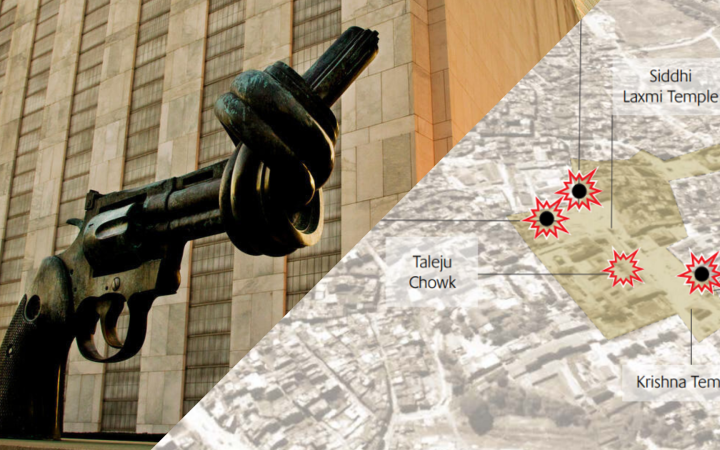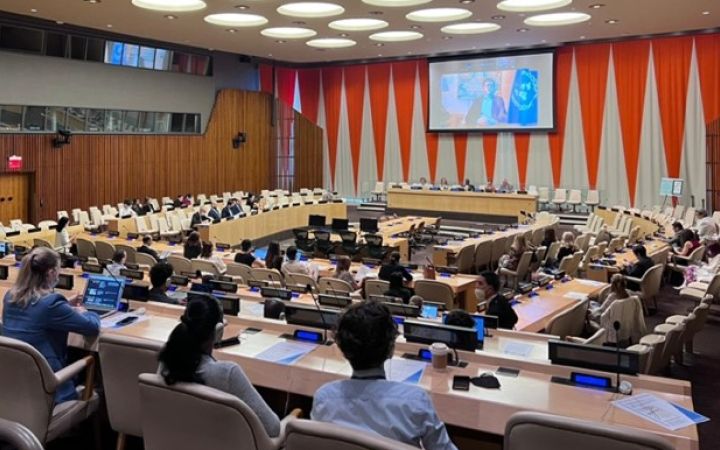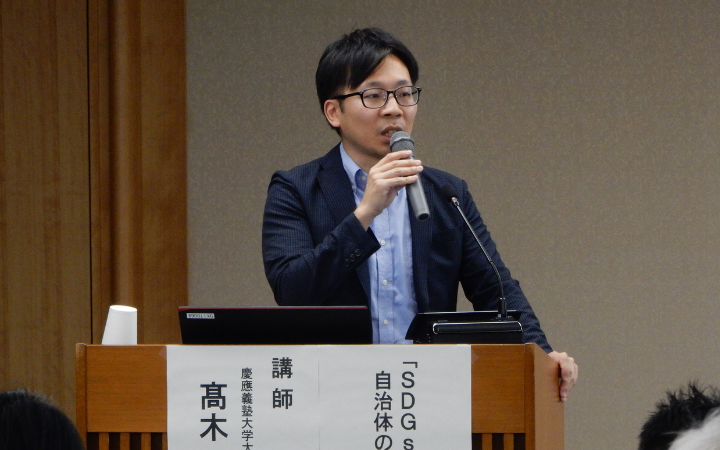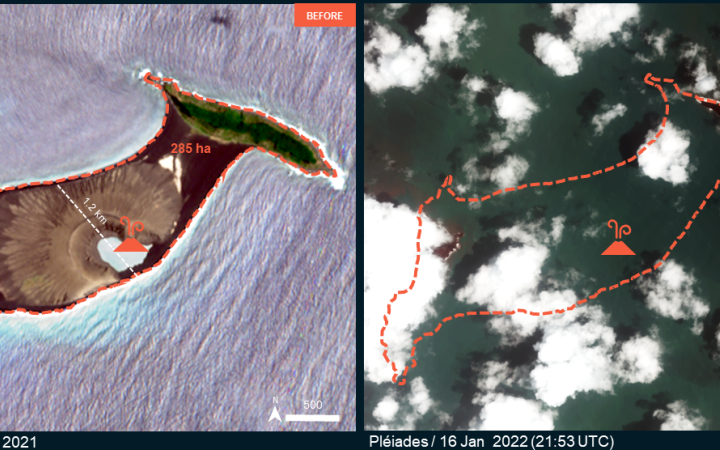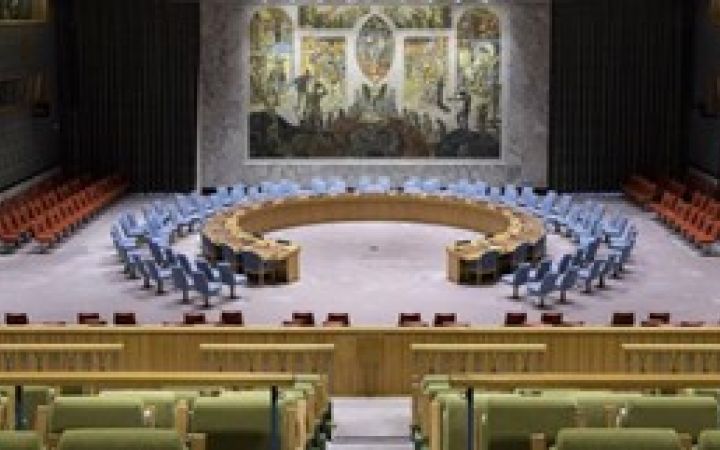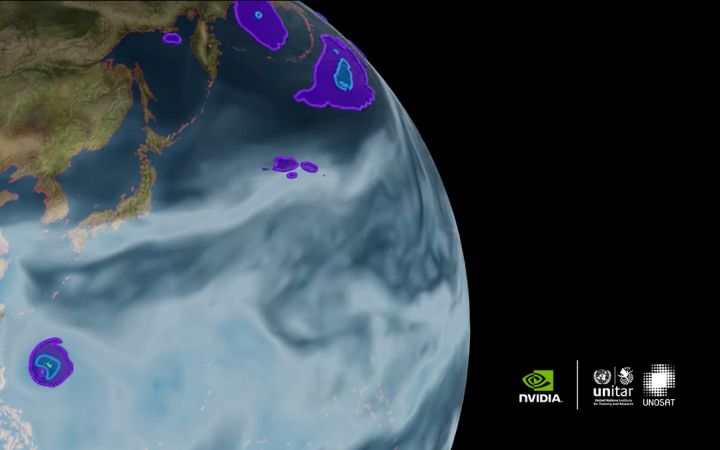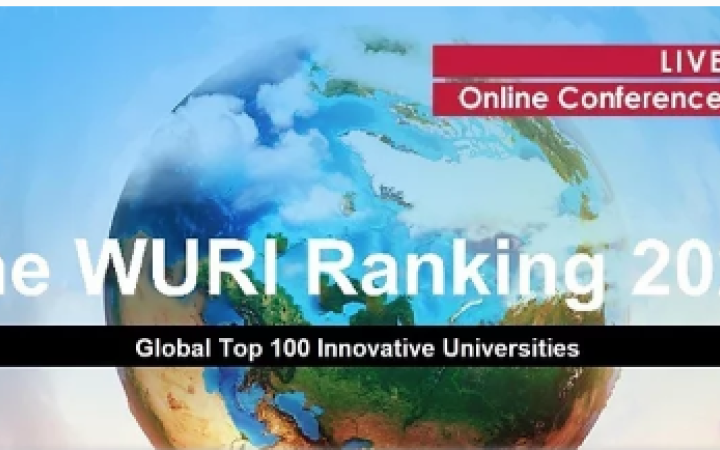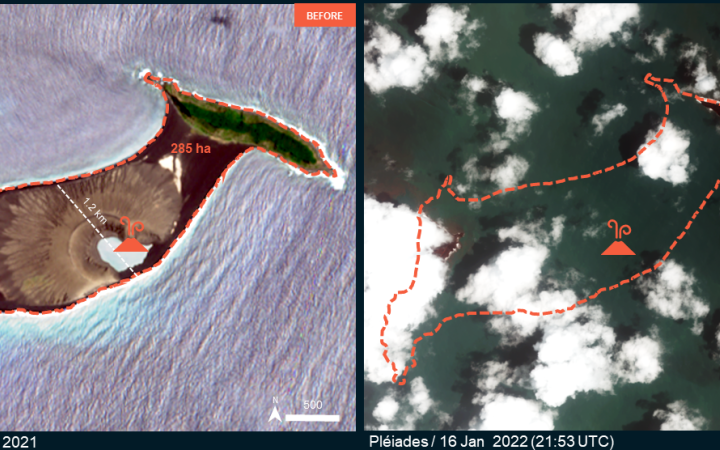Displaying 971 - 980 of 3509
15 June 2022, Geneva, Switzerland - For the past twenty years, UNOSAT has been developing its expertise in using Geospatial Information Technologies to promote evidence-based decision-making for peace, security and resilience. Discover some of the ways the experts apply their skills to inform investigations, support recovery and protect cultural heritage.
14 June 2022, New York, USA - The United Nations Institute for Training and Research (UNITAR) office in New York organized a launching event in the United Nations (UN) Economic and Social Council (ECOSOC) Chamber for the new book, "Redefining Development: The Extraordinary Genesis of the Sustainable Development Goals". The launching attracted more than 70 in-person participants and numerous interested individuals from different parts of the world who managed to follow the event simultaneously through the UN Web TV livestream.
June 2022, Hiroshima, Japan – “It’s not enough to search for connections with the Sustainable Development Goals (SDGs). We have to put the SDGs to use and update our principles and policies to reflect them,” says Cosmo Takagaki, Project Research Associate at Keio University and Research Associate of United Nations University Institute for the Advanced Study of Sustainability. Cosmo has been a lecturer for the UNITAR Hiroshima Youth Ambassador Program since 2020, and is active as an advisor on the Sustainable Development Goals.
10 June 2022, Geneva, Switzerland - On Saturday 15th January, the ongoing volcanic eruption of Hunga Tonga-Hunga Ha’apai triggered a tsunami across the Pacific. Karen Melnychuck and her sister Laura Jarosz contacted the United Nations Satellite Centre (UNOSAT) with a plea to help them with any information on the island where their mother lived.
Based in the political core of the UN, UNITAR New York Office (NYO) continues to be a source to the permanent missions and the New York diplomatic community. Through meaningful contributions to the implementation of the 2030 General Assembly Agenda and the Sustainable Development Goals (SDGs), the programs and events bring public awareness, education and training, and the enhancement of global decision-making to public policy officials.
The United Nations Satellite Centre (UNOSAT) announced a collaboration with NVIDIA on training and research activities to promote the use of Artificial Intelligence (AI) for Earth Observation activities in support of the Sustainable Development Goals (SDGs), with an initial emphasis on disaster management.
8 June 2022, Geneva, Switzerland - The 2022 World’s Universities with Real Impact (WURI) Ranking, seeking to assess the innovativeness of universities for the future, will be presented on June 9, 2022, at 3:00 pm (CET)/10:00 pm (KST) in both Switzerland and South Korea.
7 June 2022, Madrid, Spain – UNITAR’s Division for People and Tara for Women have signed a collaborative agreement with the aim of creating a framework for cooperation to develop and implement different support programmes for women.
8 June 2022, Geneva, Switzerland - On Saturday 15th January, the ongoing volcanic eruption of Hunga Tonga-Hunga Ha’apai triggered a tsunami across the Pacific. Karen Melnychuck and her sister Laura Jarosz contacted the United Nations Satellite Centre (UNOSAT) with a plea to help them with any information on the island where their mother lived.
A new self-paced Massive Open Online Course "Develop and Implement Science, Technology, and Innovation for SDGs Roadmaps - Level I" was developed by UNDESA and UNITAR to support UN Member States in developing and implementing STI for SDGs Roadmaps as well as attracting global assistance in doing so.


